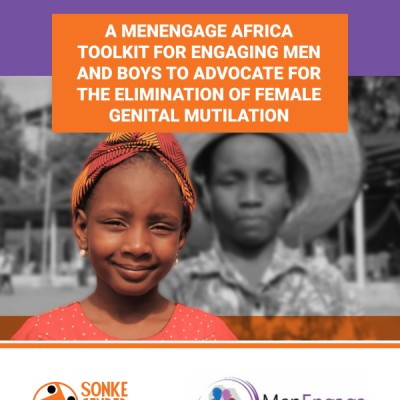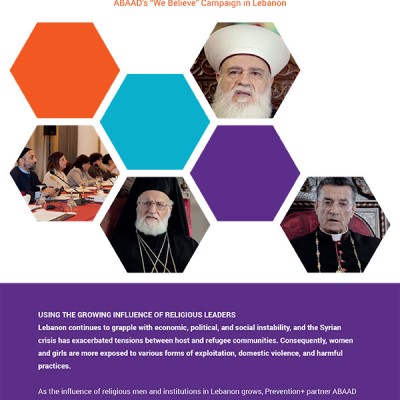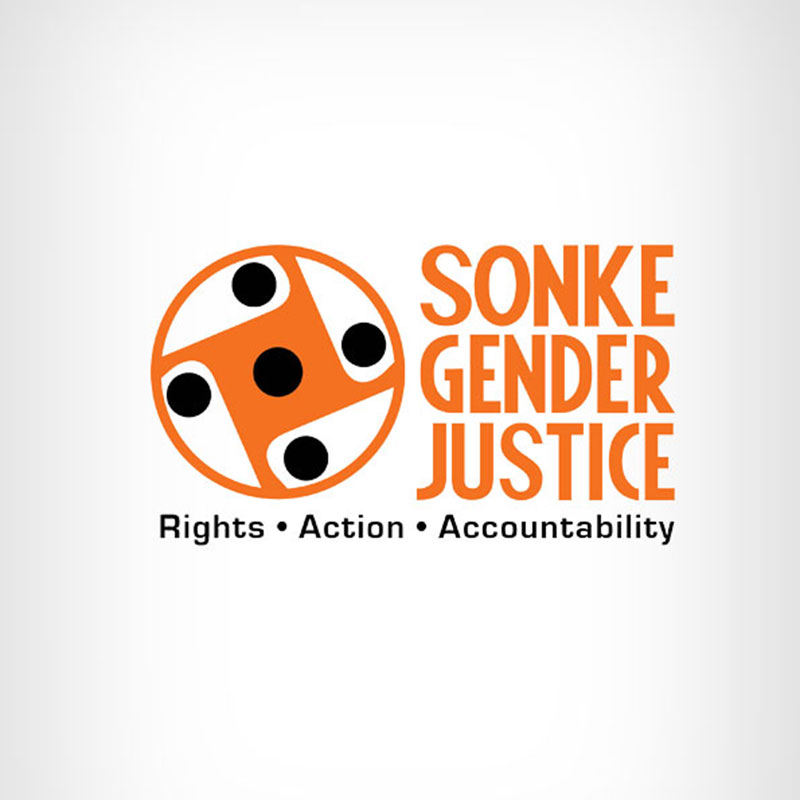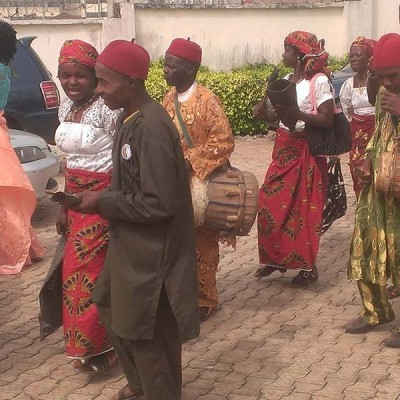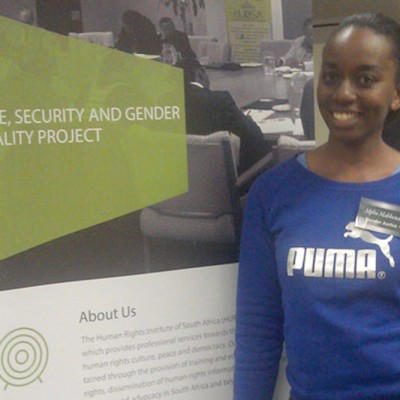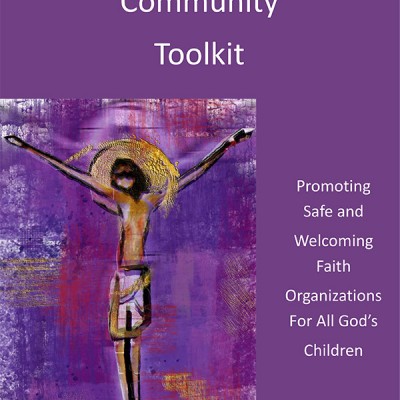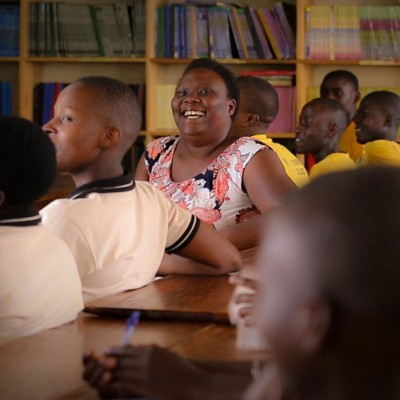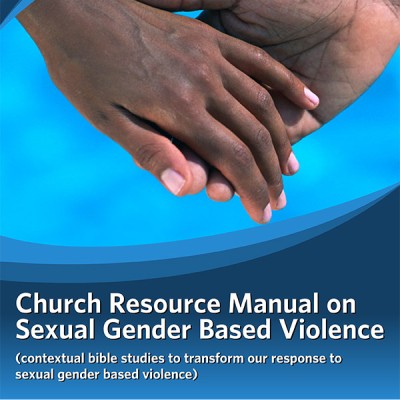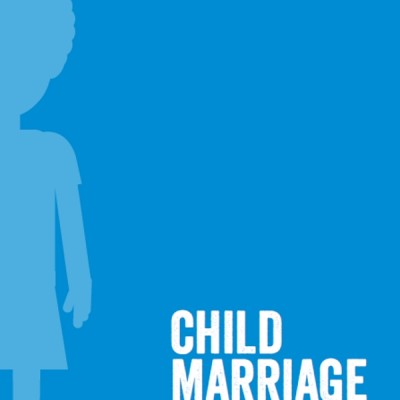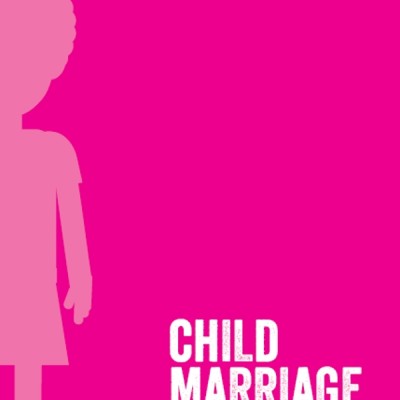Through engaging with faith-based communities, organised religion and traditional leaders, the SSD portfolio seeks to support and strengthen leadership for gender transformation within these sectors. Sonke is a part of the We Will Speak Out (WWSO) coalition and works with various faith-based organisations throughout Africa, and organisations working within the faith sector, including TearFund and the South African Family and Faith Institute (SAFFI). Sonke also works with the Southern African Catholic Bishops Conference (SACBC) initiative: “Men as Peacemakers”; with the UNFPA East and Southern Africa region to implement their framework on involving faith-based organisations in sexual and reproductive health rights (SRHR) campaigns; with the universities of KwaZulu-Natal and Witwatersrand to develop a training course on Gender, Culture and Religion; amongst other initiatives. Sonke’s faith and traditional sector work aims to advocate for gender equality and non-violence in the context of faith, religion and traditions and also to get key leaders in faith communities, and traditional leaders, to develop their own interventions in response to prevailing social norms that perpetuate gender injustices at local, national, regional and global levels.
Targeting the faith-based community is particularly important for three key reasons important in addressing sexual violence:
- Sexual violence is widespread across South Africa and has a deeply traumatising and damaging effect on survivors. At the same time, more than 80% of South Africans report having an affiliation to a religion, religious institution, or to African traditional beliefs: http://www.citypress.co.za/multimedia/graphic-major-religious-affiliations-in-sa/
- Faith-based institutions have often failed survivors of sexual violence. They often deepen the impact of sexual violence through silence, stigma and discrimination. Some religious institutions have not done enough to care for the marginalised or to speak out on their behalves.
- Faith-based institutions are central to community life and have untapped potential to prevent and respond to sexual violence. This sector can provide care and support, stand alongside survivors seeking justice, identify and challenge harmful attitudes and beliefs within society that perpetuate sexual violence, and present new ideas that influence social norms and behaviours.

